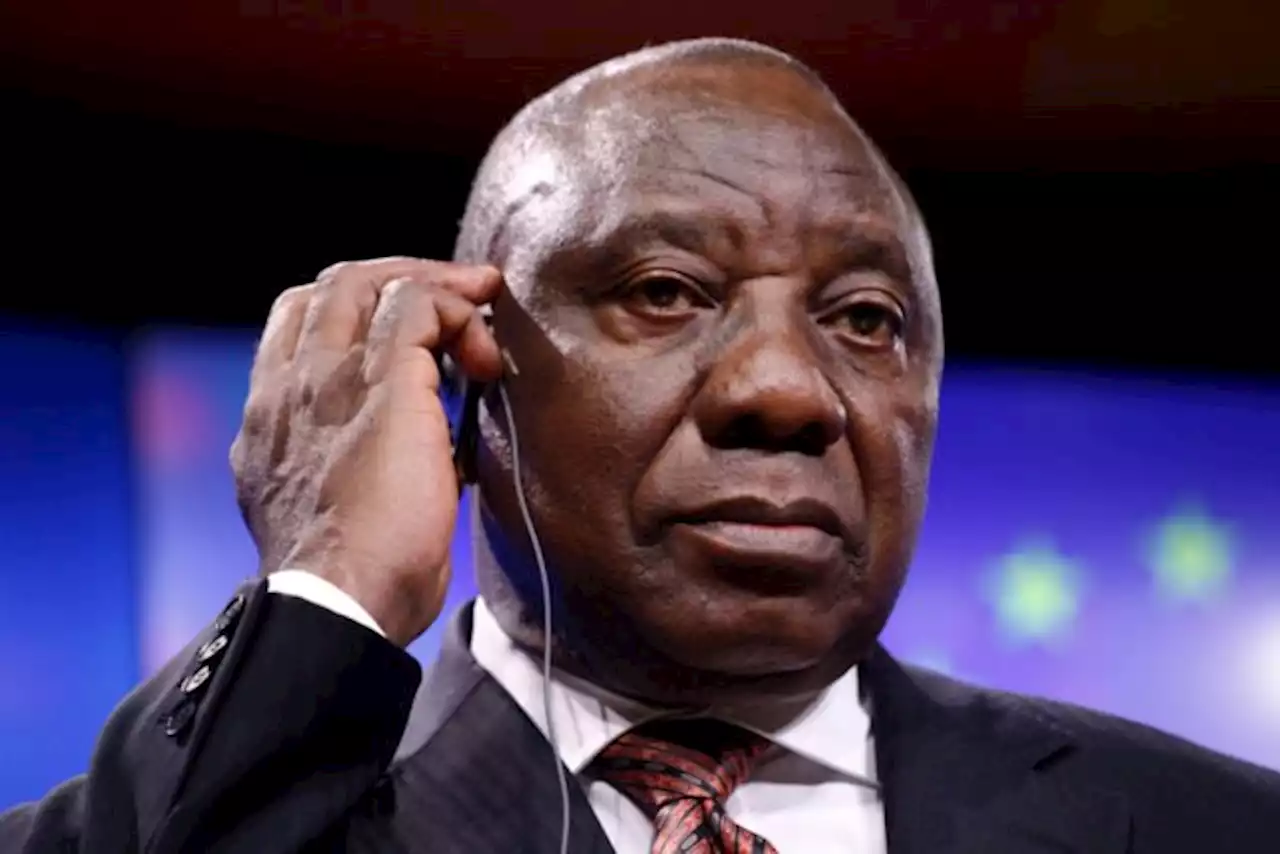Africa loses much more through capital flight than it gains through inflows of development assistance, external borrowing or foreign direct investment. It is, in fact, a ‘net creditor’ to the rest of the world.
These case studies proffer a disaggregated and institutional analysis of the channels, mechanisms, drivers, actors and enablers of capital flight.
The book shows how capital flight is facilitated by what the authors refer to as ‘‘transnational plunder networks’’, a combination of both domestic elites, key among them being kleptocrats and big corporations, and a global network of enablers including bankers, accountants, lawyers and politicians who not only facilitate the movement of capital from Africa, but also its concealment in offshore secrecy jurisdictions.
The book begins by presenting the meaning and context of capital flight from Africa in a lucid and commonsensical introduction. It presents it as the phenomenon when money or assets leave a country without being registered in the official statistics. For example, where money is transferred from a country in Africa to a private bank in an offshore financial centre or any bank in Europe or America without being registered at the central bank or as an outflow of either investment or savings.
The book then provides the estimates of the volumes of capital flight from the three case studies. It pays particular attention to the problem of trade misinvoicing and tax evasion, the two most critical mechanisms of illicit financial flows.‘‘involves the deliberate falsification of the value, volume, and/or type of commodity in an international commercial transaction of goods or services by at least one party to the transaction”.
South Africa Latest News, South Africa Headlines
Similar News:You can also read news stories similar to this one that we have collected from other news sources.
 BOOK REVIEW: Spinning yarns — why ‘Jacob Zuma Speaks’ should be shelved under ‘fiction’A drive to revise the legacy of former president Jacob Zuma is under way. A book released in late 2021, shows that the only way to do this is to filter history through a lens of omissions and falsehoods.
BOOK REVIEW: Spinning yarns — why ‘Jacob Zuma Speaks’ should be shelved under ‘fiction’A drive to revise the legacy of former president Jacob Zuma is under way. A book released in late 2021, shows that the only way to do this is to filter history through a lens of omissions and falsehoods.
Read more »
 Push for driving licence changes in South Africa in the next two weeksGovernment should use the extended grace period for driving licences to arrange a long-term solution to the country’s licence cards problem, says civil society group Outa.
Push for driving licence changes in South Africa in the next two weeksGovernment should use the extended grace period for driving licences to arrange a long-term solution to the country’s licence cards problem, says civil society group Outa.
Read more »
 Reimagining an empowered AfricaReimagining an empowered Africa: Retrieving indigenous knowledge through storytelling and exploring transdisciplinary visioning in Africa will enable new way of thinking about sustainable futures
Reimagining an empowered AfricaReimagining an empowered Africa: Retrieving indigenous knowledge through storytelling and exploring transdisciplinary visioning in Africa will enable new way of thinking about sustainable futures
Read more »
 5 important things happening in South Africa todayEnergy regulator Nersa lays out its proposed fee hikes for municipal suppliers. SARS says it’s going after tax defaulters – no matter how high profile. The World Bank talks up its relationships with Eskom and Transnet. Jacob Zuma’s foundation is looking for ways to further delay the corruption trial.
5 important things happening in South Africa todayEnergy regulator Nersa lays out its proposed fee hikes for municipal suppliers. SARS says it’s going after tax defaulters – no matter how high profile. The World Bank talks up its relationships with Eskom and Transnet. Jacob Zuma’s foundation is looking for ways to further delay the corruption trial.
Read more »
 Ramaphosa sends message to taxpayers in South AfricaPresident Cyril Ramaphosa has thanked taxpayers in South Africa after the South African Revenue Service (SARS) announced in its preliminary tax revenue collection outcome that it had collected over R1.5 trillion between April 2021 and March 2022.
Ramaphosa sends message to taxpayers in South AfricaPresident Cyril Ramaphosa has thanked taxpayers in South Africa after the South African Revenue Service (SARS) announced in its preliminary tax revenue collection outcome that it had collected over R1.5 trillion between April 2021 and March 2022.
Read more »
